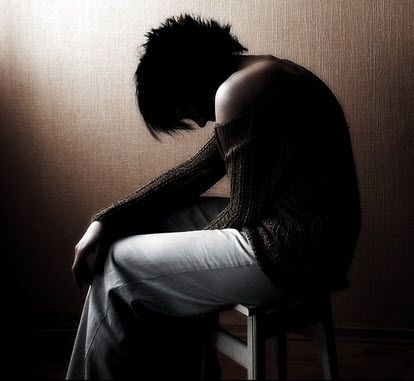How Addiction Impacts an Entire Family
Drug and alcohol addiction is a little like a common cold: it affects a lot more than the one with the problem. As with a cold, the person suffering from addiction is blissfully unaware of how she is affecting others around her. Such a person will go to work with a cold and spread it like Typhoid Mary. That person will happily cost you three day’s pay, plus the cost of a doctor’s appointment, by spreading her sickness to you.
People with addictions operate in much the same way. They are convinced that even if they have a problem, it is none of your business, as if it didn’t affect you at all. They are completely blind to how their addiction not only destroys them, but their the entire family.
For everyone’s sake, you have to get them into an addiction recovery program as soon as possible, preferably one in which individuals receives group and one-on-one counseling throughout their stay in a safe environment. Early prevention gives them the best chance for recovery. It also gives the family a chance to heal and become a support system, rather than enablers. Here are just a few of the ways the addiction of one person impacts the entire family:
Table of Contents
Think of the Children
This is not one of those cases in which “think of the children” is just a fear-mongering tactic. Drug and alcohol addiction in the household is one of those times when the children are facing a clear and present danger, not just a rhetorical one. Among the biggest dangers is that the children of the addicted party are susceptible to influence. They can easily be introduced to drugs or alcohol, and continue the generational cycle of addiction.
The National Institute of Health recognizes this danger, along with several other risks to children of a drug-addicted parent. Those risks include:
- Babies exposed to drugs in the womb may be born premature and underweight. This exposure can slow the child’s intellectual development and affect behavior later in life.
- Adolescents who abuse drugs often act out, do poorly academically, and drop out of school. They are at risk for unplanned pregnancies, violence, and infectious diseases.
- Adults who abuse drugs often have problems thinking clearly, remembering, and paying attention. They often develop poor social behaviors as a result of their drug abuse, and their work performance and personal relationships suffer.
The latter is a reminder that drug-affected children become drug-affected adults.
Trust Is Broken
Like Humpty Dumpty, trust can never be fully reassembled once broken by addiction. Even many addicts are willing to admit, once an addict, always an addict. Among things an addict can no longer be trusted with are money, the care of small children, and good judgement at critical moments.
Family is based on trust. Without it, dysfunction reigns. When parents cannot trust each other, it is a bad thing. But when children cannot trust parents, it is a tragedy. Drug and alcohol addiction erodes family trust. And that is the hardest thing to recover from.
It Makes Matters Worse
Every family has problems. Those problems may not be readily obvious to the outside world, but those problems are always present, even in the best of families. Addiction to drugs or alcohol serves only to make those problems many times worse.
Sometimes, a person may turn to drugs or alcohol because of underlying family problems. Sometimes, it is due to underlying health problems such as mental illness. The National Alliance on Mental Illness describes dual diagnosis as “…a term for when someone experiences a mental illness and a substance abuse problem simultaneously”.
At the end of the day, it hardly matters which came first. Addiction makes every other problem worse. If you are the one suffering from addiction, get help. If you need an incentive to do so, think of the children. Consider the trust you may never fully recover. And the longer you wait, the worse matters become.
